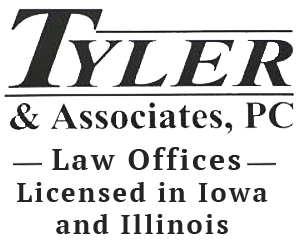At a bare minimum, getting hurt on the job is incredibly inconvenient. You will likely have to file a report with your manager, go to the company medical office or a nearby hospital and miss hours of work.
If the injury is serious, you might have to take several days or even a few weeks off of work to recover. Some people even have injuries so severe that they require hospitalization, surgery and physical therapy for a full recovery. Sadly, not all workers can make a full recovery. For a small portion of those hurt on the job in Iowa every year, the injury they suffer will have permanent consequences.
Employees generally understand that they can turn to workers’ compensation benefits when they get hurt for short-term wage replacement and medical care. Can workers also receive permanent benefits if they won’t recover from their injuries?
Iowa’s workers’ compensation program has several permanent benefits
There are multiple situations in which an injured worker could qualify for permanent disability benefits through workers’ compensation. The most obvious scenario involves a worker with a permanent injury that completely prevents them from working.
Spinal cord injuries and brain injuries might potentially leave someone totally disabled and unable to work for the rest of their lives. These workers can rely on workers’ compensation for permanent total disability (PTD) benefits. They can receive those benefits for as long as their medical condition keeps them out of work.
Even those with less severe injuries can potentially receive permanent benefits for an injury with lifelong consequences. Permanent partial disability benefits help those whose injuries don’t keep them from working but reduces how much money they can earn. These benefits can result from an injury that causes functional impairment.
Permanent benefits of cases often need more medical documentation
Permanent benefits are obviously more costly than short-term benefits because they can last indefinitely. Workers who need long-term protection through workers’ compensation will generally have to provide more medical documentation supporting their claims of permanent physical consequences from their injury.
Connecting with the benefits you need, especially if your condition might be a permanent one, may require planning and even professional help.

